
In a digital world, what is art?
What is art? It’s not an easy question to answer, as art being a form of expression is open to interpretation by the individual. Historically art has been defined by something physical, a painting, or [more…]

What is art? It’s not an easy question to answer, as art being a form of expression is open to interpretation by the individual. Historically art has been defined by something physical, a painting, or [more…]
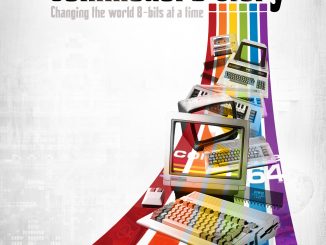
Charting the rise of Nolan Bushnell’s Atari from its humble beginnings building arcade game, to a Warner owned company that turned over billions of dollars in sales. The Atari story is a lesson in the [more…]
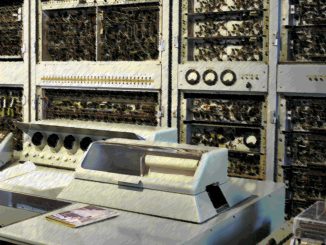
The following is an excerpt from the machine learning guide to computation self expression, the origins of this enlightening yet cautionary tale are unknown, as the bytes have been passed down from motherboard to daughterboard, [more…]
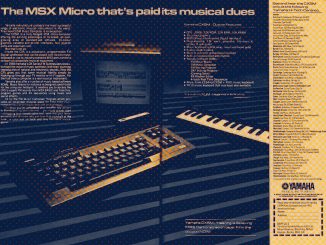
By 1983 the consumer was spoiled for choice when it came to purchasing a home micro-computer. Apple, Atari and Commodore all had their own systems in the mix, along with those from smaller companies. With [more…]
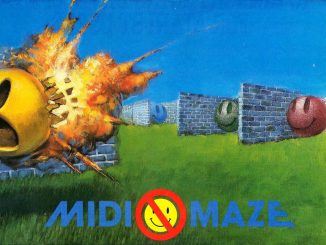
In the previous two issues of Paleotronic I have written about RPG games, their origins, the games credited with being the first of their kinds on home computers in the RPG video gaming category. Midi [more…]
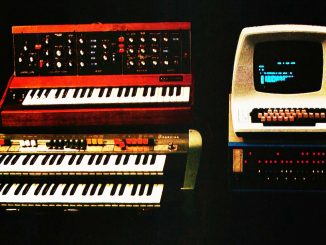
There are five senses: touch, taste, smell, sight and hearing. Computers have always been tactile – you have to touch them in order to use them (at least until relatively recently.) You can twiddle knobs, [more…]
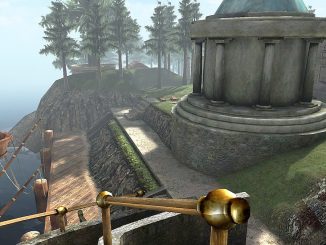
The multimedia boom of the 1990s saw an influx of computer programs released on compact discs. With the extra storage allowed by the format, games could begin to provide gamers with a far richer experience [more…]
©2018 Paleotronic Magazine. Editor: Melody Ayres-Griffiths editor@paleotronic.com